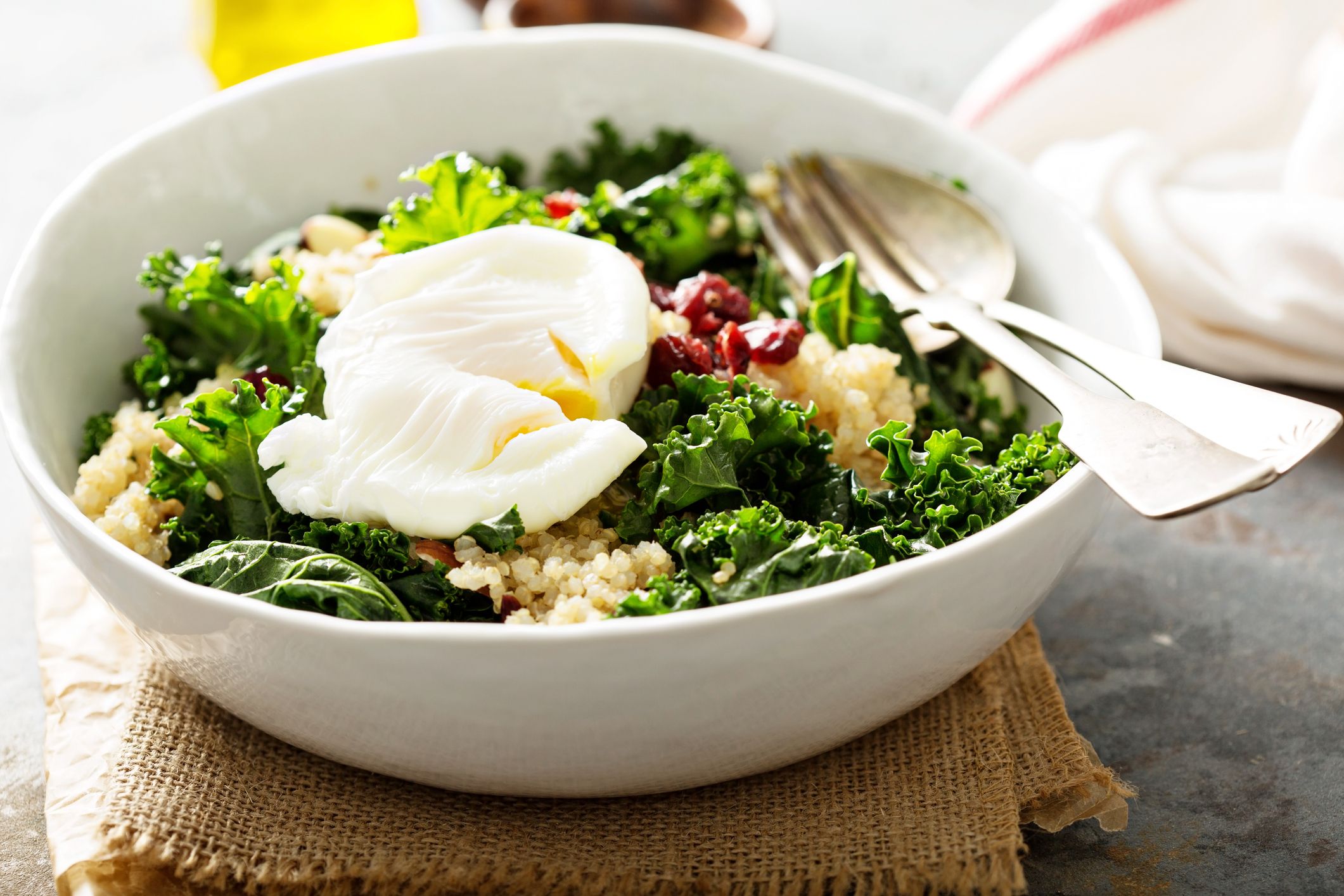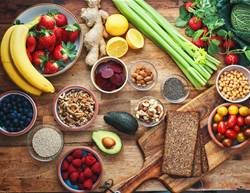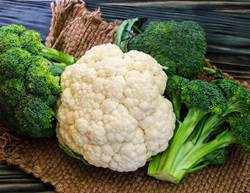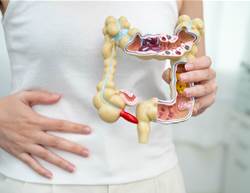When you think about the perfect breakfast food, it’s hard to compete with eggs. Whether you fry, poach, boil, or scramble them, they always take centerstage as a tasty-not to mention, satisfying-morning meal. But for years, people have feared eggs due to their saturated fat and cholesterol content, giving rise to its bad-for-your-heart reputation.
Now, new research from Australia is shedding more light on a question that’s been surprisingly difficult for science to answer: Are eggs actually healthy?
In a study published in the American Journal of Clinical Nutrition, researchers had 128 people with prediabetes or type 2 diabetes eat a high-egg (12 eggs per week) or low-egg (fewer than 2 eggs per week) diet for three months. After following up for up to a year, they found there was no difference in cardiovascular risk factors-like cholesterol, blood sugar, or blood pressure-between the two groups, regardless of how many eggs they ate.
1 large egg contains 326kJ, 5 g fat, and 6 g protein
Think of it this way: “One large egg has about 1.6 grams of saturated fat,” explains dietitian Amy Gorin. In a 6270kJ diet, this amount would only make up 1 percent of your daily recommended saturated fat intake, which should be limited to 10 percent of your total daily kilojoules, says Gorin.
Plus, the most recent U.S. Dietary Guidelines nixed its recommendation to limit dietary cholesterol (the kind you find in eggs), because there simply isn’t enough research to support that suggestion.
So in the grand scheme of things, one egg isn’t really going to do much damage for the average person. “The important thing to keep in mind is, how are eggs contributing to your overall diet?” says Gorin. If you’re eating a lot of foods high in saturated fat-say, like beef or pork, dairy, or fried foods-then you might need to watch your intake, especially if you have heart disease, uncontrolled blood pressure, or a high risk of both.
“Otherwise, eggs can absolutely be a part of a healthy, balanced diet,” says Gorin. In fact, your morning scramble probably does more for your overall health than you realise. Here are five reasons to get crackin’.
Eggs boost your brain health
You probably don’t hear much about choline, but your body needs the essential nutrient to function properly. Choline plays a crucial role in your brain development and function, memory, metabolism, and mood, according to the National Institutes of Health-and eggs are one of the best ways to sneak it into your diet, since your body doesn’t make enough on its own.
Most adult women need at least 425 milligrams of choline per day, but you may need up to 550 milligrams if you’re pregnant or breastfeeding. Men should also aim for 550 milligrams per day. You can find 147 milligrams of choline in just one large hard-boiled egg (most of which is in the yolk).
Eggs are great for your eyes, too
Lutein and zeaxanthin are two crucial antioxidants found in your retina, where they work to filter out intense light to protect and maintain the healthy cells in your eyes. Research suggests that lutein and zeaxanthin can slash your risk of certain eye diseases, like age-related macular degeneration and cataracts.
Your body doesn’t make these antioxidants, so getting enough of them through your diet is important-and eggs pack a helpful punch. Green leafy vegetables will be your best source of the nutrients, but research shows that your body may have an easier time absorbing the lutein and zeaxanthin in eggs, possibly due to their fat content. Want the best of both worlds? Throw some kale or spinach into your scramble.
Eggs are super nutritious
Choline, lutein, and zeaxanthin aren’t the only nutrients eggs pack-they also offer satisfying protein, essential amino acids, heart-healthy fats, vitamin D (which is difficult to find through food), B vitamins, vitamin A, potassium and carotenoids (a type of pigment that acts as an antioxidant). Chalk it up to the yolk, where you’ll find a bulk of an egg’s nutrients, says Gorin.
Pro tip: Add hard-boiled eggs to your salad. A small study from Purdue University found that people who ate three whole eggs with their salad (which included tomatoes, shredded carrots, and baby spinach) absorbed three to eight times more carotenoids from their vegetables-like disease-fighting beta-carotene and lycopene-than those who didn’t add an egg to their mix.

Eggs may help you lose weight
The Australian study concluded that both the high and low egg groups lost similar amounts of weight. However, they also restricted their kilojoules, which would inevitably lead to weight loss with or without eggs on their plates.
That being said, eggs are a great swap if you typically load up not-so-great for you breakfast foods, like sugary cereals, bagels, or donuts for breakfast. “The protein that eggs offer make them a filling food,” explains Gorin. “When you feel fuller, you may be less likely to snack and eat extra calories.”
Eggs can help you build muscle
Your body needs protein to repair the tiny tears strength training causes in your muscle tissue, helping them grow bigger, faster. That’s why eggs are such a great post-workout snack-just one offers roughly 6 grams of protein. Just make sure you go for the whole egg, since the yolk contains more than 40 percent of its protein, says Gorin.
Plus, according to a small study published in the American Journal of Clinical Nutrition, men who ate three whole eggs (18 grams of protein) immediately after a strength workout experienced a greater muscle building response than men who ate egg whites that contained the same amount of protein.
Why the boost with whole eggs? The researchers believe nutrients in the yolk-like omega-3 fatty acids, vitamins and minerals-might support the muscle-building process.
So go ahead and eat the whole damn egg!










